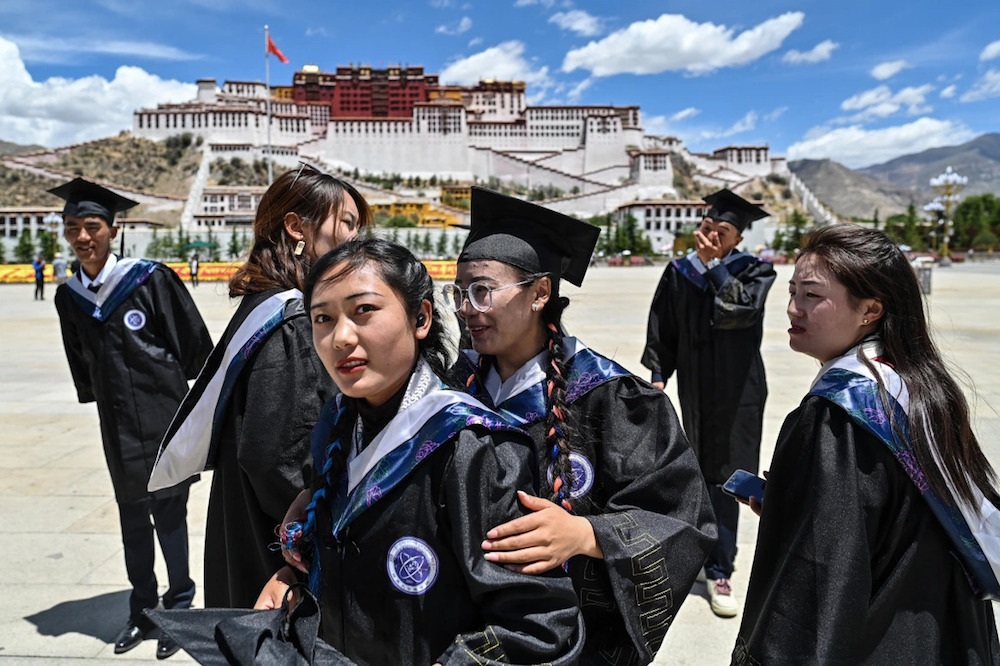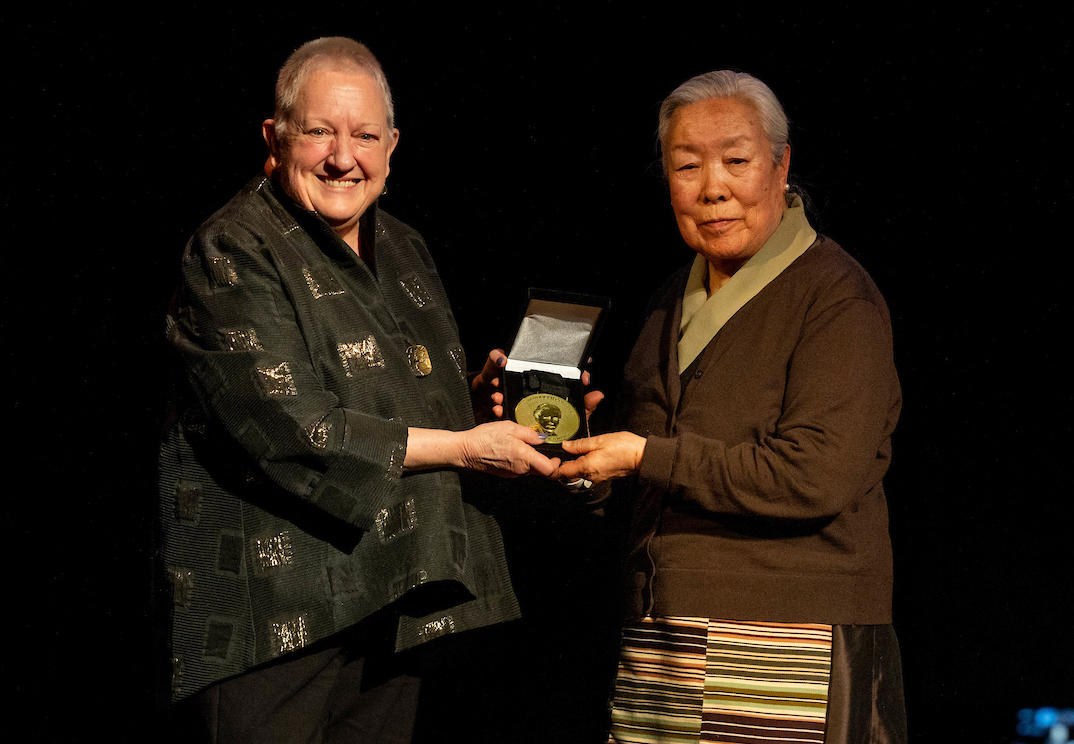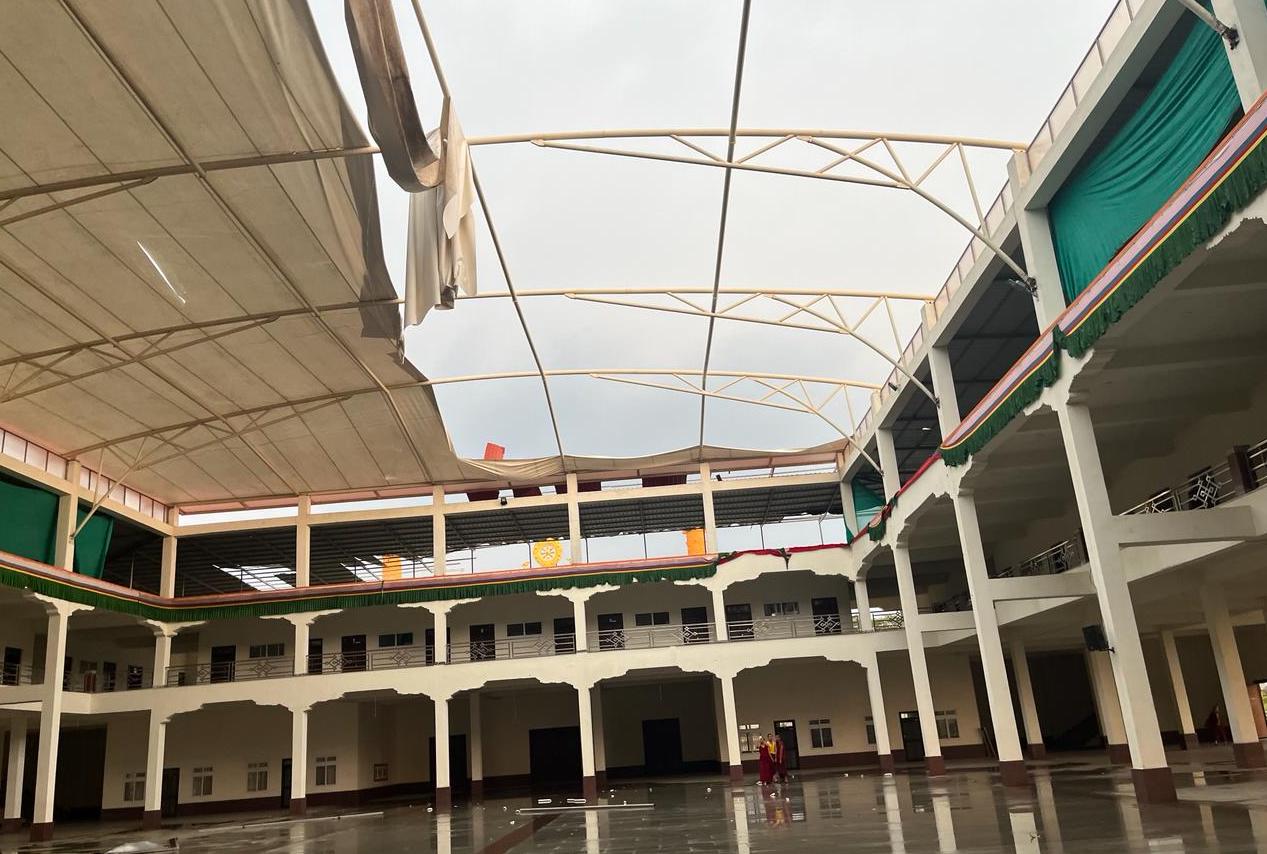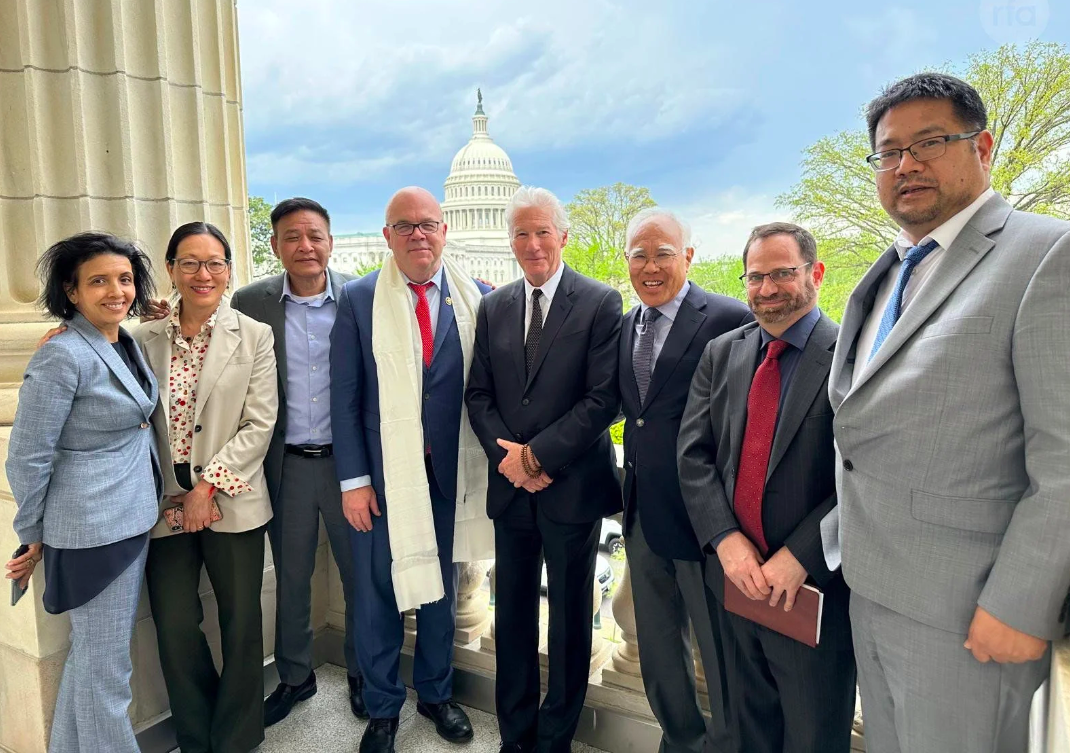By Choekyi Lhamo
DHARAMSHALA, April 30: The 2022 Tibet Autonomous Region’s regular college admission regulations published by China’s Ministry of Education last week said that it required potential candidates to state their “political attitude and ideological morality” to get admission into universities in Tibet.
Under Section 12, of the ‘Ideological and Political Morality assessment”, for extraordinary students to get admissions, he or she needs to pass one of the “main” standards for admission. “The school or unit where the candidate is located shall make a comprehensive appraisal of the candidate’s political attitude and ideological morality, and be responsible for its authenticity,” it said, adding that candidates who do not study in schools or work units are identified by the township and sub-district offices to which they belong.
The Bitter Winter article that first noted such a change observed that the language of the decree was laden with prejudices as it ordered that candidates who have earlier undergone “deeds that endanger the unity of the motherland or national unity” to be disqualified immediately. The regulations also mentioned that the candidates should not have been involved in “xie jiao” which means “illegal” religious movements, whereas on the other hand, it preferred students who are proficient in Marxist theory.
The vague rationale for something as common as college admissions seems to be bound by sensitive politicking by the Chinese government. The totalitarian rule has long made systems inaccessible for minorities whose mother tongue is not Chinese, but the rejection of potential candidates on the basis of one’s affiliations is another proof of a rigged system. Numerous Tibetans have been arrested or detained for raising legitimate concerns against policies that endanger preservation of Tibetan language and culture, and have often been labelled “separatists” or troublemakers of the “Dalai clique”.










